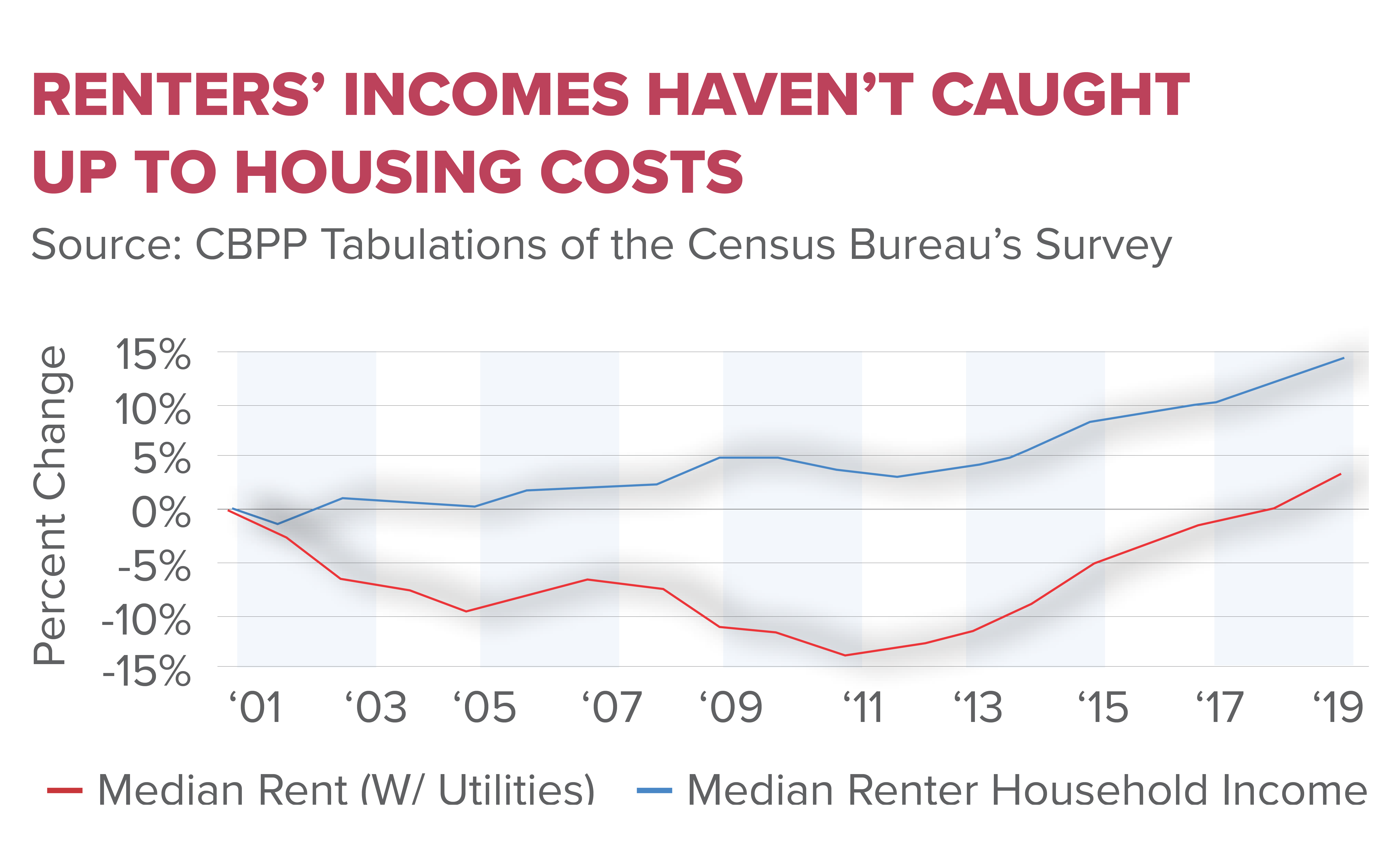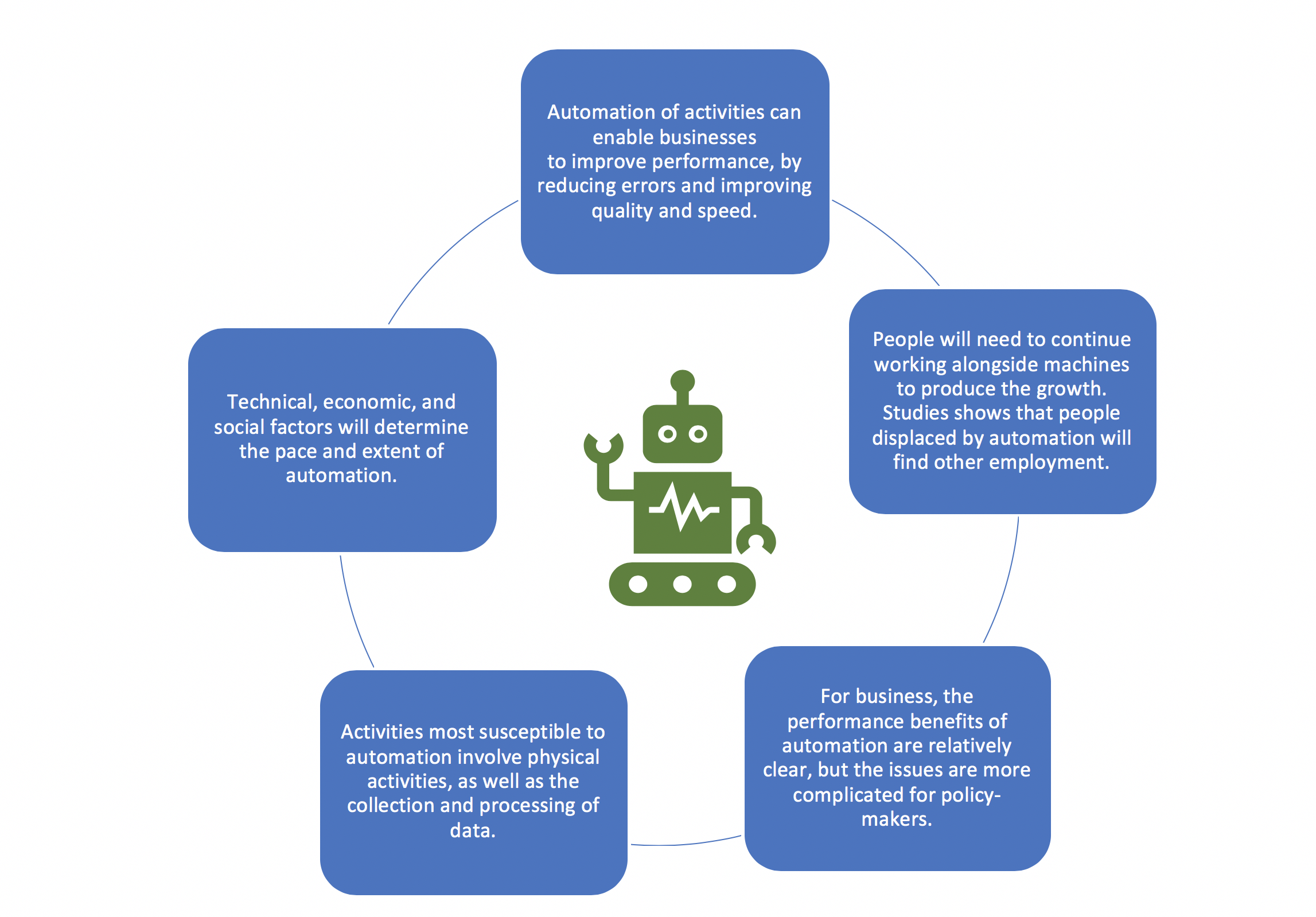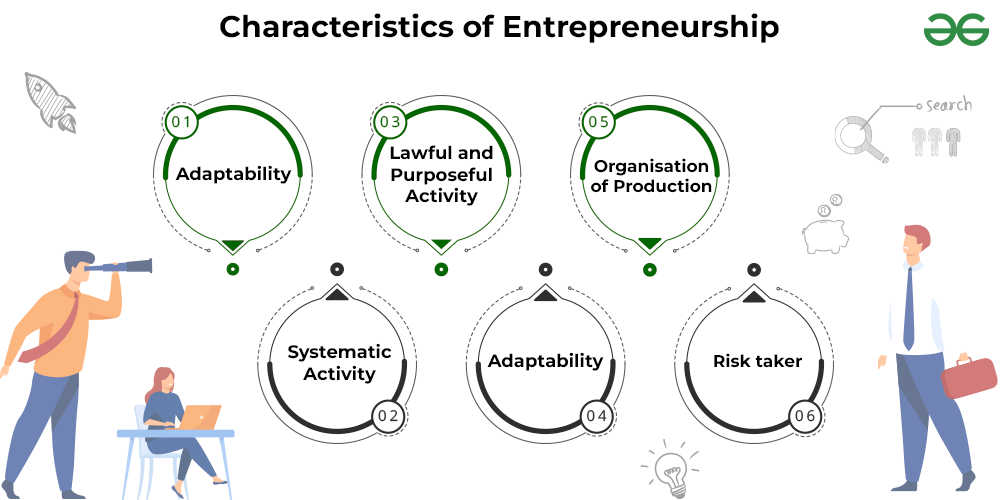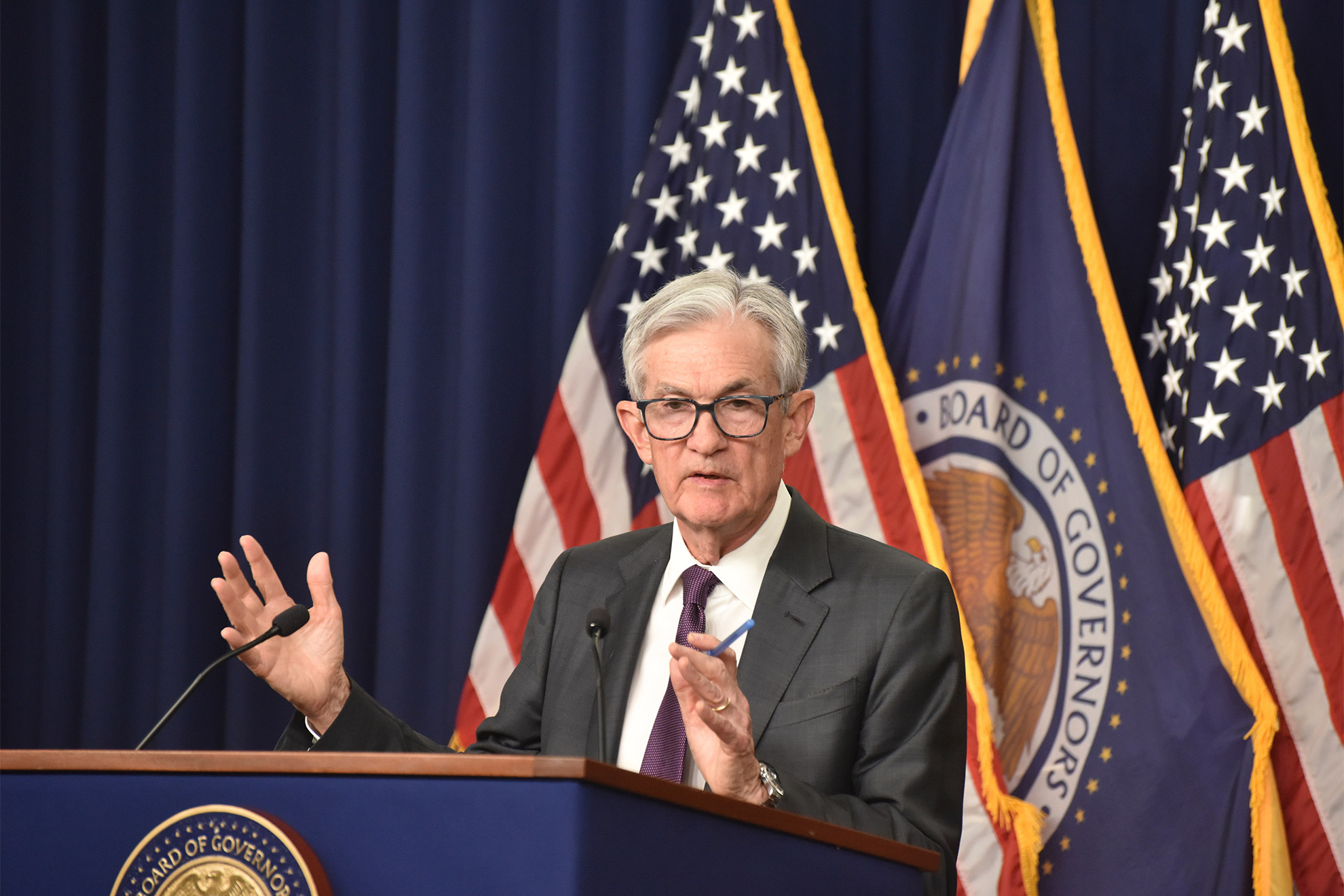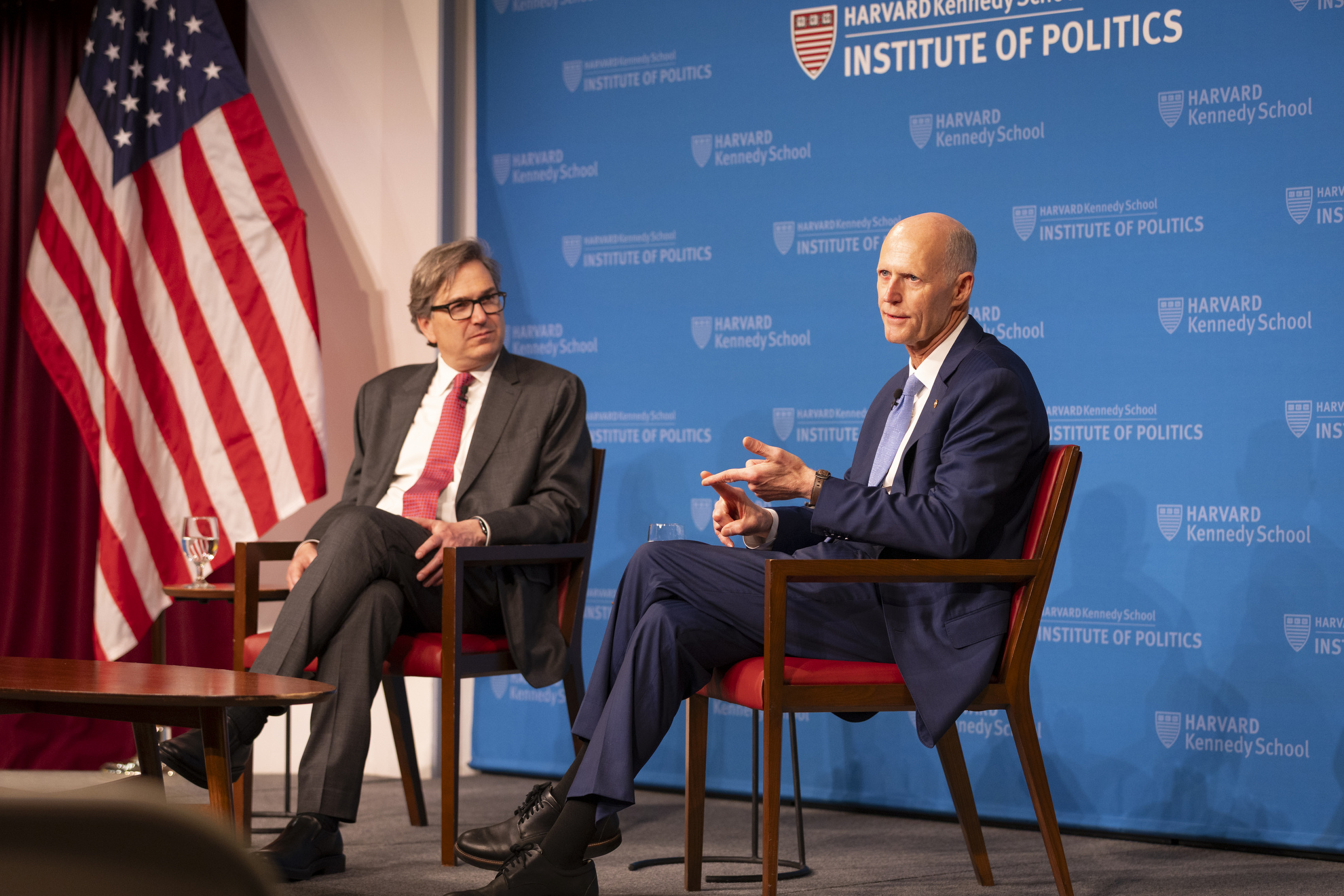Stefanie Stantcheva, a prominent Harvard economist, has recently been awarded the prestigious John Bates Clark Medal, recognizing her as a leading under-40 economist in the realm of economic research. Celebrated for her groundbreaking work on tax policy and economic behavior, Stantcheva has made significant contributions to understanding how taxation influences innovation and public finance. During a heartfelt celebration, she expressed her gratitude for the accolade and emphasized the critical role of well-designed tax systems in promoting or stifling economic activity. Her research, including the influential 2022 paper “Taxation and Innovation in the 20th Century,” reveals how sensitive innovation is to changes in tax policy, highlighting the balance required to foster growth. As she continues her work at the Social Economics Lab, Stantcheva is poised to further advance our understanding of economic dynamics and their social implications.
In the world of economics, few have made waves quite like Stefanie Stantcheva, whose recent recognition with the John Bates Clark Medal marks her as an eminent figure among her peers. As a dynamic under-40 economist, Stantcheva’s focus on fiscal policies, especially regarding taxation and its effects on innovation, shines a light on the critical intersection of economic strategy and societal impact. Her insightful analysis explores how public finance can drive, or hinder, economic behavior, thereby shaping the landscape of modern economics. The recent acclaim underscores her contributions not only in the arena of tax policy but also her innovative approach to understanding economic challenges. Through initiatives like the Social Economics Lab, Stantcheva is redefining how we perceive and tackle economic issues, making her a trailblazer in contemporary economic discourse.
Stefanie Stantcheva and the John Bates Clark Medal
Stefanie Stantcheva, a recognized leader in the field of economics, was recently awarded the prestigious John Bates Clark Medal, an accolade bestowed upon under-40 economists for their remarkable contributions. This award is not only a testament to her groundbreaking insights on economic behavior but also highlights her efforts in reforming tax policy to foster innovation. Stantcheva’s research has often focused on how tax structures influence economic activities, and this recognition reinforces her role in driving forward important discussions on public finance and its impact on growth.
In celebrating her achievements, the American Economic Association commended her work that bridges the gap between economic theory and real-world policy. Stantcheva’s influential studies demonstrate how tax policy doesn’t just serve as a source of revenue but can actively shape innovation and economic dynamics. Her findings regarding the elasticity of innovation in response to taxation reveal profound implications for policymakers aiming to create an environment conducive to both creativity and economic prosperity.
Impact of Tax Policy on Economic Behavior
Stantcheva’s research profoundly shifts our understanding of tax policy’s impact on economic behavior. By examining the intricate relationships within her 2022 paper, ‘Taxation and Innovation in the 20th Century,’ she illustrates that tax policy is pivotal in shaping how individuals and businesses respond to incentives. High taxes may deter innovation throughput in some contexts, yet they do not adversely affect the quality of inventions. This nuanced understanding equips policymakers with critical insights as they craft frameworks intended to stimulate economic growth.
Understanding how tax policy influences economic behavior is essential for driving meaningful change in society. Stantcheva’s work underscores the importance of designing tax systems that incentivize rather than stifle innovation. As she aptly noted, a well-structured tax system can ‘make or break an economy,’ emphasizing the significant power that policymakers wield in shaping economic landscapes. These insights are crucial for fostering a future where economic behavior optimally aligns with social and entrepreneurial goals.
The Role of Innovation in Modern Economics
Innovation plays a crucial role in the economic landscape, driving growth and creating new opportunities. Through her extensive research, Stefanie Stantcheva highlights not just the importance of innovation, but also the intricate ways in which it can be influenced by external factors such as tax policy. By dissecting the barriers and incentives that tax policies create, her work serves as a guideline for how governments can cultivate an environment ripe for innovation.
The linkage between innovation and economic behavior is evident in various facets of daily life, from technological advancements to new business models. Stantcheva’s findings emphasize that fostering innovation should be a priority for policymakers, particularly in an increasingly competitive global economy. By understanding and addressing how tax policies can either stimulate or deter innovation, governments can craft strategies that enhance economic performance and promote long-term sustainable growth.
Leading Voices in Economics Under 40
Stefanie Stantcheva stands out among the leading voices in the field of economics, particularly as one of the few female economists recognized with the John Bates Clark Medal. This award not only showcases her individual achievements but also signifies the rising prominence of under-40 economists who are shaping modern economic discourse. The, contributions made by young economists like Stantcheva are essential for injecting fresh perspectives into traditional economic theories, thereby enriching discussions on contemporary issues.
With her focus on complex areas such as tax policy, public finance, and economic behavior, Stantcheva represents a new generation of economists adept at addressing the myriad challenges faced by modern societies. As these rising economists continue to gain recognition, it is crucial for academic institutions and policy circles to support their inquiries and research endeavors, ensuring that innovative ideas can flourish and lead to tangible benefits in economic policies.
Exploring Economic Behavior Through the Social Economics Lab
In 2018, Stefanie Stantcheva founded the Social Economics Lab, which aims to delve deeper into the intricate web of economic behavior and policy impact. This innovative research platform seeks to examine how different factors, including emotions and perceptions, influence economic decision-making. The lab’s work stands at the intersection of behavioral economics and public policy, contributing valuable insights that can inform practical applications in economic strategies.
The Social Economics Lab reflects Stantcheva’s commitment to understanding the human elements underlying economic actions, emphasizing that economic behaviors are not purely driven by rational calculations. By exploring themes such as zero-sum thinking and the interplay of emotions and policies, the lab aims to create a more holistic framework for analyzing how economic decisions are made. This approach not only enhances the academic discourse surrounding economics but also has the potential to influence real-world policy interventions.
Understanding Public Finance Through Research
Public finance is a pivotal area of research where economists like Stefanie Stantcheva are making significant contributions. With a unique focus on tax policy and its implications for economic behavior, her studies challenge conventional notions and encourage a re-evaluation of how public finance can be leveraged to enhance societal well-being. By examining the elasticity of innovation relative to tax changes, Stantcheva sheds light on the crucial balance needed in tax policy formulation.
The insights gleaned from Stantcheva’s research offer vital guidance for policymakers striving to craft equitable and effective tax systems that can foster innovation and growth. Understanding the relationship between public finance and economic behavior not only helps in predicting economic responses but also assists in creating frameworks that motivate positive changes within society. As her work continues to evolve, it underscores the necessity for ongoing research in public finance, ensuring tailored policies that meet the evolving needs of economies in transition.
Contributions of Younger Economists to Academic Discourse
The contributions of younger economists like Stefanie Stantcheva are essential in enriching academic discourse within the field. By combining innovative research with a keen understanding of current economic issues, these economists bring new ideas and methodologies to the forefront. Stantcheva’s groundbreaking work on tax policy and its effects on innovation exemplifies how fresh perspectives can challenge existing paradigms, encouraging the broader academic community to reconsider traditional frameworks.
As the economic landscape continues to evolve, the voices of young economists become increasingly important. They not only introduce novel concepts but also help bridge the gap between theoretical research and practical applications. This integration is vital for developing effective economic policies that can address contemporary challenges, ensuring that the future of economics remains dynamic and responsive to societal needs.
The Significance of Social Economics in Today’s World
In today’s world, where economic challenges are increasingly intertwined with social issues, social economics emerges as a crucial area of inquiry. Stefanie Stantcheva’s research in this field, particularly through her Social Economics Lab, seeks to unravel the complexities of how social factors influence economic decision-making and policy considerations. As economic inequality and social mobility continue to be pressing concerns, her work underscores the relevance of examining the human aspects of economic behavior.
The significance of social economics lies in its ability to provide a comprehensive lens through which to view economic phenomena. Stantcheva’s emphasis on emotional and psychological factors in economic behavior opens up new avenues for addressing persistent issues such as poverty and inequality. By combining empirical research with a focus on the social determinants of economic behavior, economists can develop more effective interventions that resonate with the communities they aim to support.
The Future of Economic Research through Innovation and Collaboration
The future of economic research hinges on innovation and collaboration amongst economists, policymakers, and social scientists. As demonstrated by Stefanie Stantcheva’s work, a multidisciplinary approach can uncover new insights into complex economic behaviors and policies. Collaboration across fields fosters the integration of diverse perspectives, which is essential for tackling multifaceted problems in economics.
Through innovative research methods and interdisciplinary partnerships, economists can experiment with new ideas and theories that can quickly adapt to changing economic landscapes. This evolving landscape requires dynamic approaches that not only focus on established economic principles but also explore new frontiers of thought. Stantcheva’s work exemplifies how ongoing collaboration can lead to breakthroughs that not only advance academic knowledge but also create tangible benefits for society.
Frequently Asked Questions
What contributions led to Stefanie Stantcheva winning the John Bates Clark Medal?
Stefanie Stantcheva was awarded the John Bates Clark Medal for her groundbreaking research in public finance, particularly her insights into tax policy and its effects on economic behavior. Her work demonstrates how tax systems can significantly influence innovation and economic activity, emphasizing their critical role in shaping economies.
How does Stefanie Stantcheva’s research impact economic behavior and tax policy?
Stantcheva’s research reveals that changes in tax policy can lead to highly elastic responses from innovators, affecting both the quantity and quality of innovations. Her findings underscore the importance of designing tax systems that foster innovation while also considering potential economic disincentives.
What is the focus of the Social Economics Lab founded by Stefanie Stantcheva?
The Social Economics Lab, founded by Stefanie Stantcheva in 2018, focuses on understanding how people perceive economic issues and policies. The lab explores various topics, including the relationship between emotions and policy-making and frameworks such as zero-sum thinking that influence public economic discourse.
Why is the John Bates Clark Medal significant for under-40 economists like Stefanie Stantcheva?
The John Bates Clark Medal is a prestigious award recognizing outstanding contributions by economists under 40. For researchers like Stefanie Stantcheva, this honor highlights the impact of their work in the field of economics and brings attention to essential topics such as tax policy and economic innovation.
What are some key areas of research in Stefanie Stantcheva’s work?
Stefanie Stantcheva’s key research areas include tax policy, its impact on innovation, and broader topics in economics such as trade, immigration, climate change, and social mobility. Her research aims to uncover how economic behaviors are influenced by policies and societal norms.
| Key Points | Details |
|---|---|
| Award Recognition | Stefanie Stantcheva awarded the 2025 John Bates Clark Medal. |
| Significance of the Award | Recognizes significant contributions by economists under 40. |
| Research Focus | Pioneering insights on tax policy, innovation, and economic behavior. |
| Elasticity of Innovation | Higher taxes adversely affect the quantity of innovation, not quality. |
| Social Economics Lab | Founded by Stantcheva in 2018, focusing on economic issues and policies. |
| Current Research | Exploring the interplay between emotions and economic policies. |
Summary
Stefanie Stantcheva has made remarkable strides in the field of Economics, exemplified by her receipt of the John Bates Clark Medal. This prestigious award cements her status as a leading economist, particularly noted for her groundbreaking work on tax policy and its effects on innovation and behavior. Her research not only emphasizes the intricate relationship between taxes and economic activity but also sheds light on contemporary issues such as social mobility and climate change. As Stantcheva continues to advance her studies at the Social Economics Lab, her insights promise to reshape our understanding of economic policies and their societal impacts.





